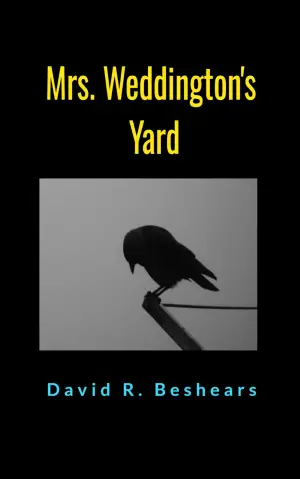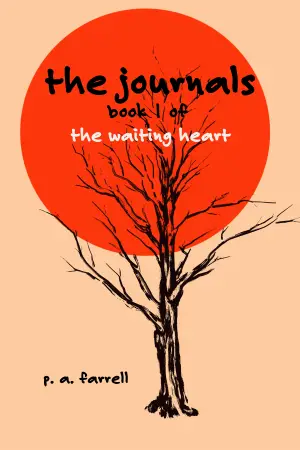Book Review: Famine (The Four Horsemen, 3) by Laura Thalassa
When I first picked up "Famine," the third installment in Laura Thalassa’s captivating Four Horsemen series, I was both curious and a tad apprehensive. As a fan of dark romance steeped in mythology and fate, I’d been eagerly following the journeys of the horsemen, especially given how the first two books—Pestilence and War—vividly portrayed their destructive yet strangely magnetic natures. Thalassa has a knack for beautifully intertwining passion with apocalyptic themes, and I was excited to see how she would handle the embodiment of Famine—a horseman often perceived as the underdog in this grim brigade of biblical heralds.
Key Themes and Characters
At its core, Famine explores how trauma shapes us, yet also leaves space for unexpected love. Ana da Silva is a compelling protagonist, driven and witty, with a backstory that instantly paints her as a survivor. When she confronts Famine—an immortal entity marked by cruelty and vengeance—sparks fly, but not in the way we might expect. Their complex relationship evolves over time, transitioning from adversaries to reluctant companions, filled with sharp banter and undeniable chemistry.
Famine himself is portrayed as a character steeped in darkness, yet Ana’s presence illuminates layers of depth in his otherwise aloof demeanor. Readers witness him grappling with his purpose—steward of hunger, yes, but also wrestling with his own humanity. The relationship develops like a strategically laid trap, with a slow burn that’s both frustrating and deliciously rewarding.
Writing Style and Pacing
Thalassa’s writing remains evocative and immersive, capturing the stark contrasts between the beauty of certain moments and the raw, gruesome realities our characters face. The pacing is well balanced; the first half builds tension with nuanced character interactions, while the latter half plunges into high-stakes developments that kept me turning pages long into the night. This writing style elicits an emotional whirlwind—one moment, you’re laughing at Ana’s audacious remarks, and the next, you’re holding your breath during moments of peril.
Notable quotes sparked deep reflection within me, especially lines that resonate with themes of forgiveness and vengeance. A particularly chilling line from Famine—“Each death is reparation for the atrocities committed against me”—encapsulates his bitter vendetta against humanity while simultaneously opening up dialogues about the cycles of pain we all endure.
Conclusion
Overall, Famine is a breathtaking combination of dark themes, romance, and character complexity that will undoubtedly resonate with fans of the series and newcomers alike. If you enjoyed Pestilence and War, this installment is a must-read—not only does it deliver more of Thalassa’s signature grit, but it also offers unique insights into the psyche of one of the series’ most enigmatic characters.
For readers looking for a tale that intelligently mixes love with apocalyptic stakes, a rich character arc, and sharp wit, Famine surely serves it up. Personally, this book has left me both thrilled and pensive, eagerly anticipating the final installment that promises to tie together the intricate threads of this spellbinding saga. How can one seek forgiveness in a cruel world? That question lingers, and Thalassa masterfully invites us into that exploration through her characters. Grab a copy, and prepare for an emotional ride!






